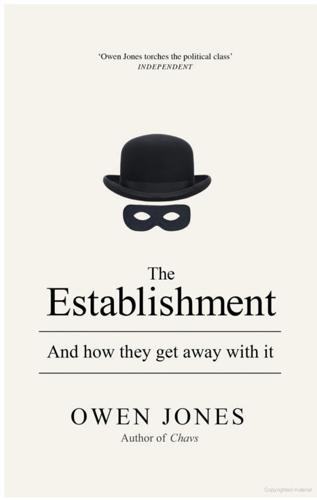
The Establishment: And How They Get Away With It
by Owen Jones · 3 Sep 2014 · 388pp · 125,472 words
The Guardian would be full of Oxbridge elitism and
…
left-wing ‘entryists that took over the party’, and
…
The Guardian
…
left-wing
…
left-wing
…
left-wing
…
left-wing
…
Alliance?’, The Guardian,
…
The Guardian
…
and business: full data, The Guardian
…
The Guardian
…
and Wasteful’, The Guardian
…
The Guardian
…
The Guardian
…
and Bush Planned Iraq War without Second UN Vote, Letter Shows’, The Guardian
…
Owen Jones
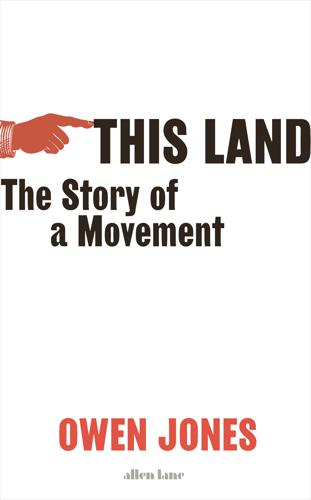
This Land: The Struggle for the Left
by Owen Jones · 23 Sep 2020 · 387pp · 123,237 words
Owen Jones was born in Sheffield, grew up in Stockport and studied history at Oxford. His first book, the international bestseller Chavs, was long-listed for the Guardian First Book Award and
…
left-wing backbencher named John McDonnell, and
…
left-wing radical
…
left-wing firebrand.
…
and movements, he set up parliamentary groups to lobby for left-wing
…
left-wing economic vision, and
…
left-wing
…
and Andy Burnham, who as shadow health secretary pitched for the left-wing
…
left-wing MPs, McDonnell ruled himself out of the running and expressed his scepticism about any left-wing
…
left-wing
…
left-wing
…
Owen Jones
…
left-wing
…
the Guardian
…
left-wing
…
left-wing
…
the Guardian’s comment pages’ and
…
left-wing
…
And, although he was an avowed left-wing
…
left-wing Labour MP for North Ayrshire and
…
and left-wing
…
new left-wing leader might learn from the experiences of Corbyn’s then-unprepared team and
…
left-wing media organization Novara Media, contrasted Corbyn’s leadership with left-wing
…
left-wing
…
left-wing
…
left-wing
…
the Guardian building near
…
left-wing Remain and
…
and the left-wing transport union TSSA (which had hosted Corbyn’s leadership campaigns and
…
left-wing Labour leadership she had strongly opposed. ‘We were in there all the time with Amy and Karie and James Schneider and
…
and Shatila – all of which further drastically eroded left-wing
…
left-wing
…
left-wing
…
left-wing ideas and
…
the Guardian
…
left-wing
…
and his leadership sometimes directionless and rudderless. Long accustomed to mixing in left-wing
…
owen-jones
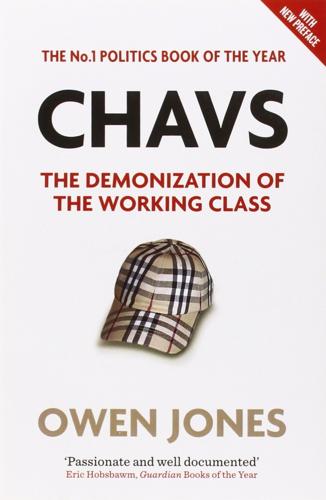
Chavs: The Demonization of the Working Class
by Owen Jones · 14 Jul 2011 · 317pp · 101,475 words
left-wing politics and outrage. ' Dwight Garner, New York Times CHAVS: The Demonization of the Working Class: OWEN JONES
…
VERSO london. New York This updated edition first published by Verso 2012 First published by Verso 20II Veno UK: 6 Meard Street, London WIFOEG US: 20 Jay Street, Suite 1010, Brooklyn, NY 11201 www.versobooks.com Verso is the imprint of New Left
…
and the Guardian
…
and ethnic minorities. In the 1950s and 1960s, left-wing intellectuals who were both inspired and informed by a powerful labour movement wrote hundreds of books and
…
and pensions--effectively the guardian
…
left-wing theatre director] Joan Littlewood. And
…
the Guardian
…
left-wing
…
left-wing
…
and ethnic minorities. In the 1950s and 1960s, left-wing intellectuals who were both inspired and informed by a powerful labour movement wrote hundreds of books and
…
left-wing
…
and not related them back to the class issue,' says left-wing
…
and-butter issues, left-wing
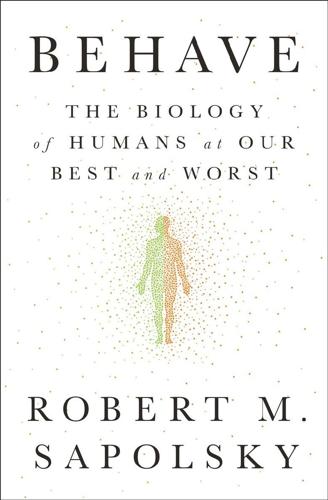
Behave: The Biology of Humans at Our Best and Worst
by Robert M. Sapolsky · 1 May 2017 · 1,261pp · 294,715 words
and ignoring that, I’ll be simplifying throughout by using “liberal” and “left-wing” interchangeably, as well as “conservative” and “right-wing”). Nonetheless, the building blocks of political orientation tend to be stable and
…
and Owen Jones
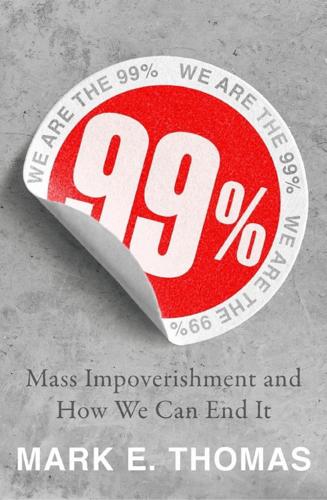
99%: Mass Impoverishment and How We Can End It
by Mark Thomas · 7 Aug 2019 · 286pp · 79,305 words
and sleeping rough, the Guardian
…
and attempting to cover their tracks as they do so. Jane Mayer and Owen Jones in their books, Dark Money17 and
…
The Guardian, 11 February 2014 12 Bank of England, 2015 13 Turner, Between Debt and

Killing Thatcher: The IRA, the Manhunt and the Long War on the Crown
by Rory Carroll · 15 Mar 2023 · 456pp · 128,481 words
The Guardian in London, and
…
and ushered in a left-wing
…
and members of the Troops Out Movement, a coalition of mostly left-wing
…
, The Guardian,
…
The Guardian,
…
The Guardian,
…
The Guardian
…
and Dennis Barker, “President in a Low-Cost Remake,” The Guardian
…
The Guardian
…
The Guardian
…
,’” The Guardian,
…
The Guardian
…
The Guardian, October 16, 1986. jury later cleared Calvey and
…
Owen Jones
…
and B12 Shots Fortified Iron Lady,” The Guardian
…
The Guardian
…
The Guardian
…
and The Guardian
…
and Gareth Parry and David Pallister, “Timer Clue to Brighton Bombing,” The Guardian
…
The Guardian
…
The Guardian
…
The Guardian
…
The Guardian, May 23, 1986
…
The Guardian
…
The Guardian
…
the Guardian
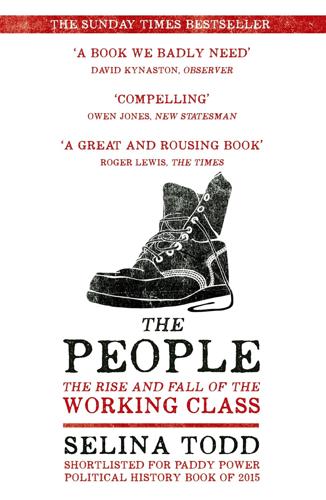
The People: The Rise and Fall of the Working Class, 1910-2010
by Selina Todd · 9 Apr 2014 · 525pp · 153,356 words
and welfare workers. ‘Both my parents were left-wing
…
left-wing politics and became involved
…
and left-wing politicians and thinkers – among them William Beveridge, John Maynard Keynes and
…
the Guardian
…
and final child was born in the late 1960s.5 Left-wing politicians and
…
and was, the Guardian
…
Owen Jones
…
and Race in 1960s London: New Left on Rachmanism’, Twentieth Century British History, vol. 12, no. 1 (2001) Dawson, S., ‘Working-Class Consumers and

The Rise and Fall of the British Nation: A Twentieth-Century History
by David Edgerton · 27 Jun 2018
new left
…
and more importantly to the monarchy from the guardians
…
New Left
…
New Left
…
and Left-Wing
…
New Left
…
and Change in ICI (London, 1985), pp. 75–6. 25. Owen Jones
…
and Politics in the Early New Left
…
New Left Review 23 (January–February 1964), pp. 26–53 and his ‘The Figures of Descent’, New Left Review 161 (1987), pp. 20–77). Nairn and Anderson emphasized the imperial and global nature of British capitalism, and the British elite, and its liberalism, and
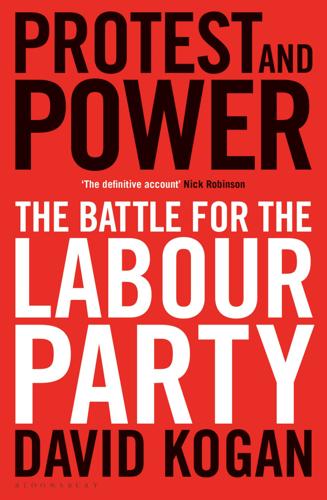
Protest and Power: The Battle for the Labour Party
by David Kogan · 17 Apr 2019 · 458pp · 136,405 words
and 1970s, to the first manifestation of the New Left between 1978 and 1982, and
…
New Left
…
New Left
…
New Left believed in widespread nationalisation, was anti-EEC, pro-trade union and workers’ power, and
…
New Left
…
and ideologies between the centre-left in parliament and the New Left would become critical in the 1980s. In 1977 and
…
and for the future tactics of the New Left
…
and the New Left
…
New Left or quit Labour and
…
and being challenged from the New Left was exasperating his remaining allies in the shadow cabinet. On 1 August 1980, the three former senior cabinet ministers, David Owen, Shirley Williams and William Rodgers, published a letter in the Guardian
…
and probable expulsion. The New Left
…
New Left
…
and the left-wing
…
and organisations that had supported the New Left
…
and truly over. In an interview with the Guardian
…
the Guardian
…
left-wing ones were Simon Fletcher and
…
and Yvette’s teams had the arrogance and the complacency of the incumbent. The Guardian
…
and with a more left-wing agenda and
…
left-wing sectarianism and
…
and the Guardian
…
and neck. As the Guardian
…
and control structure with a left-wing command and control structure, we would piss off and lose the membership. Under pressure from Corbyn and
…
New Left in the House of Commons and
…
the Guardian website. It
…
and all the rest of it. And we organised a speaker tour with the likes of Owen Jones, Caroline Lucas and
…
and Momentum, wrote in the Guardian
…
and the New Left
…
New Left
…
and Bennite economic programme here, here, here and Blair leadership here and ‘Blairite plots’, here and democracy review here and expulsion of Militant Tendency here, here and general election manifesto (2017) here and leadership election (2016) here Momentum and here post-2017 election here, here and rise of New Left
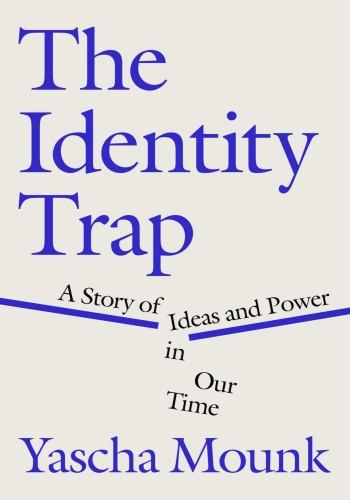
The Identity Trap: A Story of Ideas and Power in Our Time
by Yascha Mounk · 26 Sep 2023
left-wing movements had long been inhospitable to ethnic and sexual minorities. As awareness and
…
left-wing
…
and a bloody war still raging in Vietnam, two left-wing
…
left-wing
…
left-wing
…
And in the U.K., The Guardian
…
and insinuated that the First Amendment is “merely a service for the powerful.” Owen Jones, a columnist at The Guardian and
…
and reinventing himself as the intellectual apostle of the New Left
…
and the Conservatives. In the United States, a liberal is often interpreted as being left-wing on both economic and cultural issues. Indeed, some left-wing writers and
…
left-wing thought, see Amartya Sen, Identity and
…
Owen Jones
…
left-wing
…
New Left, 166
…
New Left
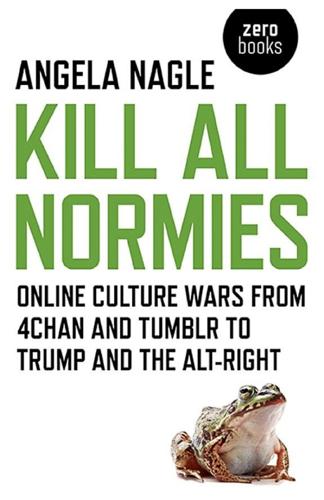
Kill All Normies: Online Culture Wars From 4Chan and Tumblr to Trump and the Alt-Right
by Angela Nagle · 6 Jun 2017 · 122pp · 38,022 words
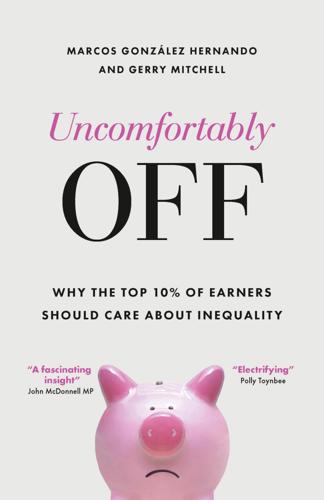
Uncomfortably Off: Why the Top 10% of Earners Should Care About Inequality
by Marcos González Hernando and Gerry Mitchell · 23 May 2023
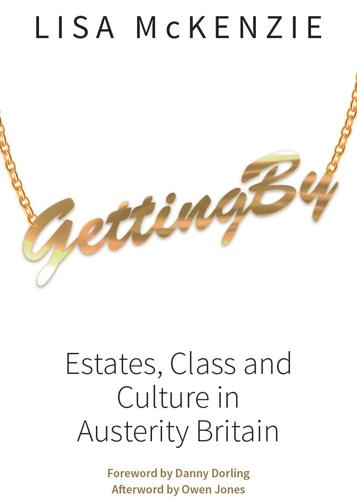
Getting By: Estates, Class and Culture in Austerity Britain
by Lisa McKenzie · 14 Jan 2015 · 212pp · 80,393 words
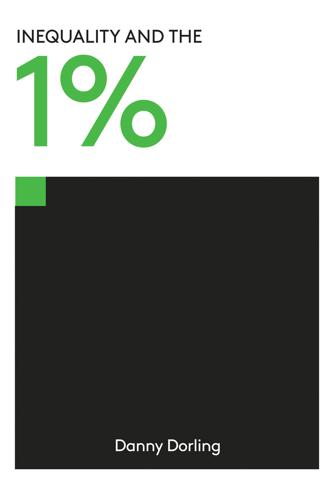
Inequality and the 1%
by Danny Dorling · 6 Oct 2014 · 317pp · 71,776 words

The Blank Slate: The Modern Denial of Human Nature
by Steven Pinker · 1 Jan 2002 · 901pp · 234,905 words
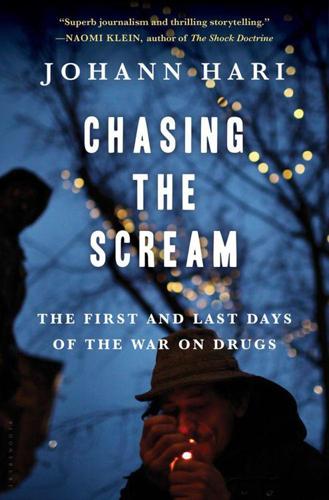
Chasing the Scream: The First and Last Days of the War on Drugs
by Johann Hari · 20 Jan 2015 · 513pp · 141,963 words
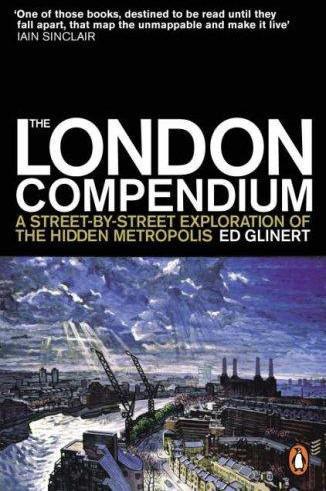
The London Compendium
by Ed Glinert · 30 Jun 2004 · 1,088pp · 297,362 words
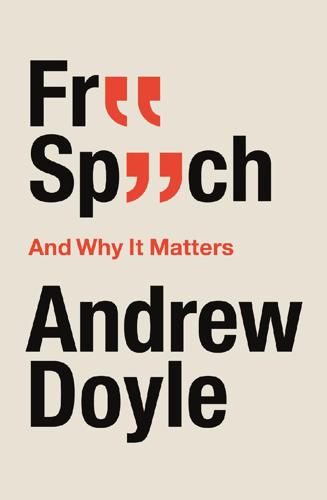
Free Speech And Why It Matters
by Andrew Doyle · 24 Feb 2021 · 137pp · 35,041 words
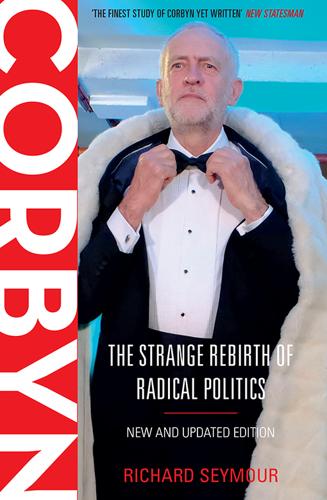
Corbyn
by Richard Seymour

England: Seven Myths That Changed a Country – and How to Set Them Straight
by Tom Baldwin and Marc Stears · 24 Apr 2024 · 357pp · 132,377 words
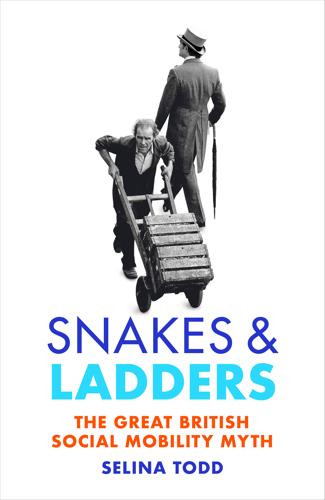
Snakes and Ladders: The Great British Social Mobility Myth
by Selina Todd · 11 Feb 2021 · 598pp · 150,801 words
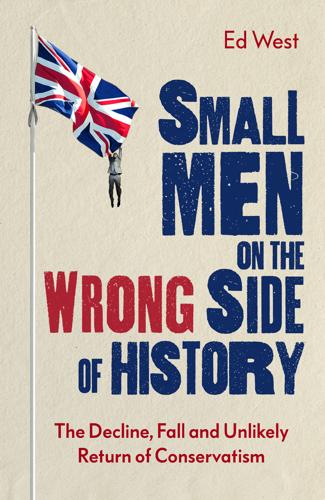
Small Men on the Wrong Side of History: The Decline, Fall and Unlikely Return of Conservatism
by Ed West · 19 Mar 2020 · 530pp · 147,851 words
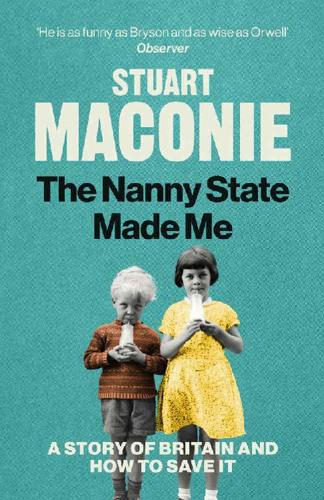
The Nanny State Made Me: A Story of Britain and How to Save It
by Stuart Maconie · 5 Mar 2020 · 300pp · 106,520 words

Four Battlegrounds
by Paul Scharre · 18 Jan 2023
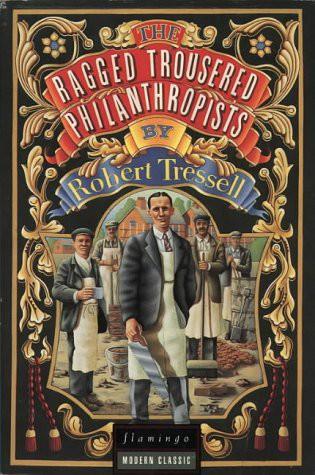
The Ragged Trousered Philanthropists
by Robert Tressell · 31 Dec 1913 · 768pp · 291,079 words
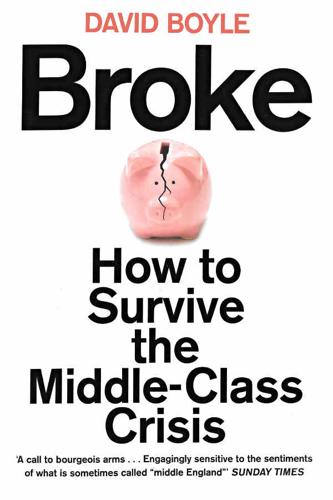
Broke: How to Survive the Middle Class Crisis
by David Boyle · 15 Jan 2014 · 367pp · 108,689 words

Bernie Madoff, the Wizard of Lies: Inside the Infamous $65 Billion Swindle
by Diana B. Henriques · 1 Aug 2011 · 598pp · 169,194 words
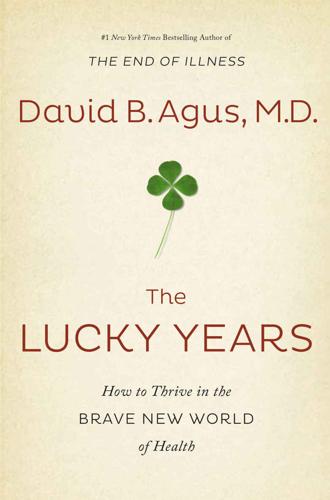
The Lucky Years: How to Thrive in the Brave New World of Health
by David B. Agus · 29 Dec 2015 · 346pp · 92,984 words
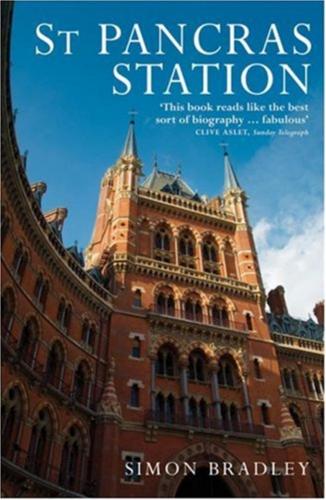
St Pancras Station
by Simon Bradley · 14 Apr 2007

Failures of State: The Inside Story of Britain's Battle With Coronavirus
by Jonathan Calvert and George Arbuthnott · 18 Mar 2021 · 432pp · 143,491 words

Concretopia: A Journey Around the Rebuilding of Postwar Britain
by John Grindrod · 2 Nov 2013 · 578pp · 141,373 words

Mbs: The Rise to Power of Mohammed Bin Salman
by Ben Hubbard · 10 Mar 2020
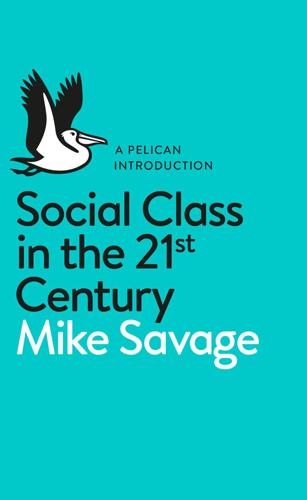
Social Class in the 21st Century
by Mike Savage · 5 Nov 2015 · 297pp · 89,206 words

The Lost Art of Dress
by Przybyszewski, Linda · 442pp · 121,863 words
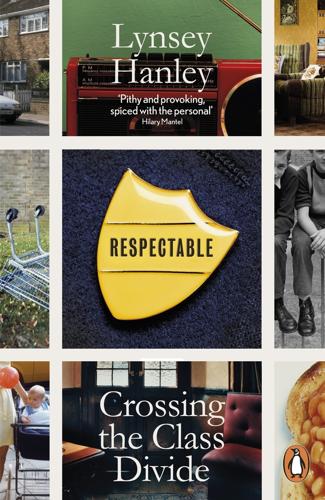
Respectable: The Experience of Class
by Lynsey Hanley · 20 Apr 2016 · 230pp · 79,229 words

The Rough Guide to England
by Rough Guides · 29 Mar 2018
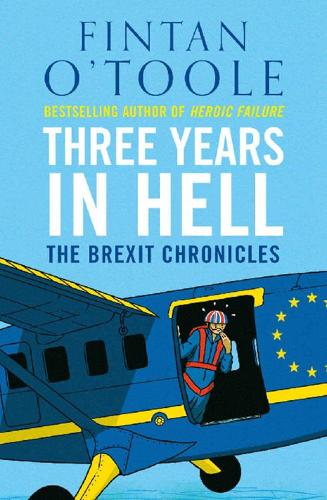
Three Years in Hell: The Brexit Chronicles
by Fintan O'Toole · 5 Mar 2020 · 385pp · 121,550 words
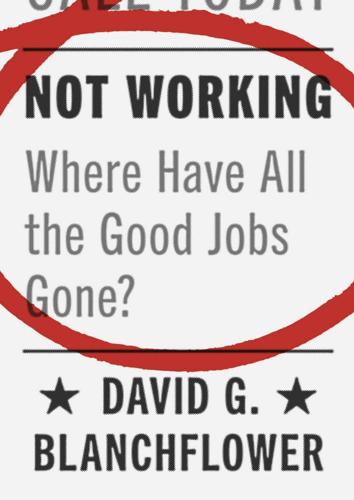
Not Working: Where Have All the Good Jobs Gone?
by David G. Blanchflower · 12 Apr 2021 · 566pp · 160,453 words
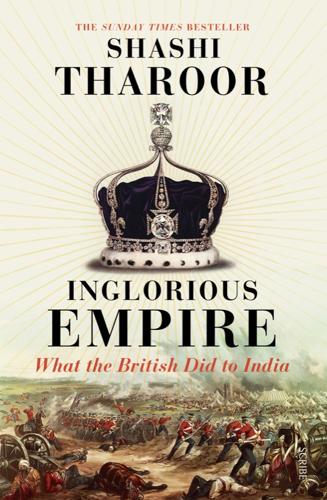
Inglorious Empire: What the British Did to India
by Shashi Tharoor · 1 Feb 2018 · 370pp · 111,129 words

Brexit, No Exit: Why in the End Britain Won't Leave Europe
by Denis MacShane · 14 Jul 2017 · 308pp · 99,298 words

Posh Boys: How English Public Schools Ruin Britain
by Robert Verkaik · 14 Apr 2018 · 419pp · 119,476 words

Never Let a Serious Crisis Go to Waste: How Neoliberalism Survived the Financial Meltdown
by Philip Mirowski · 24 Jun 2013 · 662pp · 180,546 words
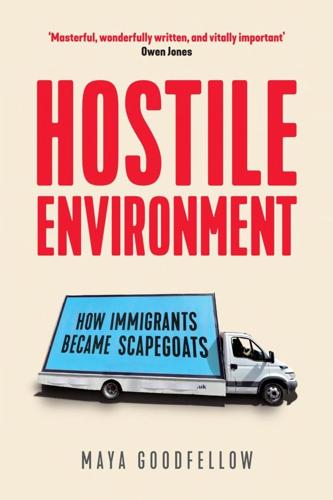
Hostile Environment: How Immigrants Became Scapegoats
by Maya Goodfellow · 5 Nov 2019 · 273pp · 83,802 words
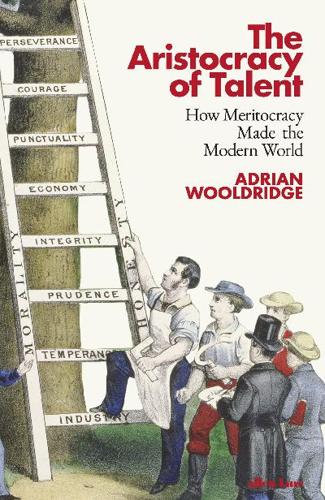
The Aristocracy of Talent: How Meritocracy Made the Modern World
by Adrian Wooldridge · 2 Jun 2021 · 693pp · 169,849 words
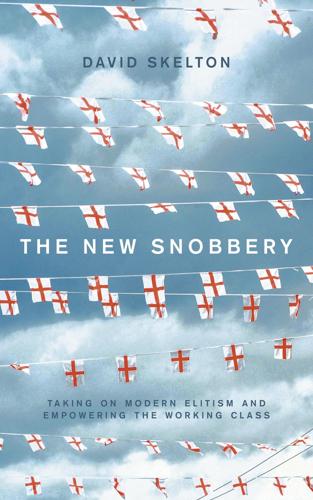
The New Snobbery
by David Skelton · 28 Jun 2021 · 226pp · 58,341 words

The Extreme Centre: A Warning
by Tariq Ali · 22 Jan 2015 · 160pp · 46,449 words